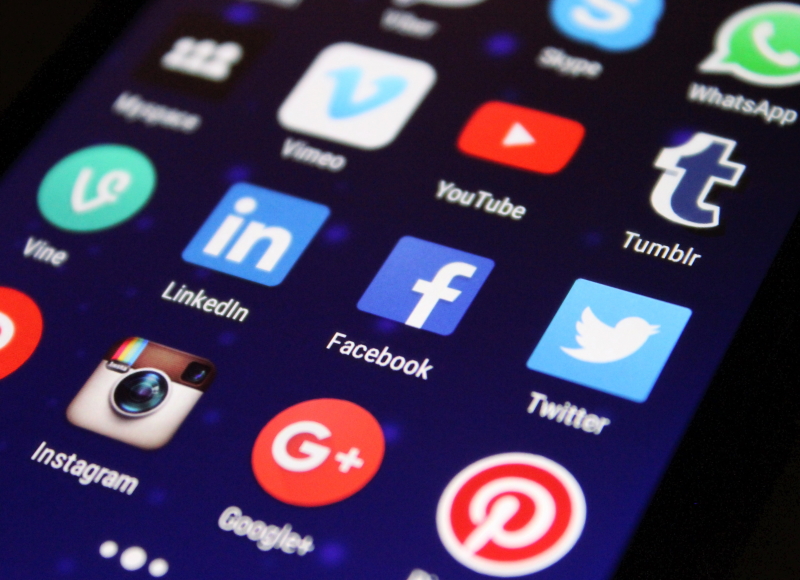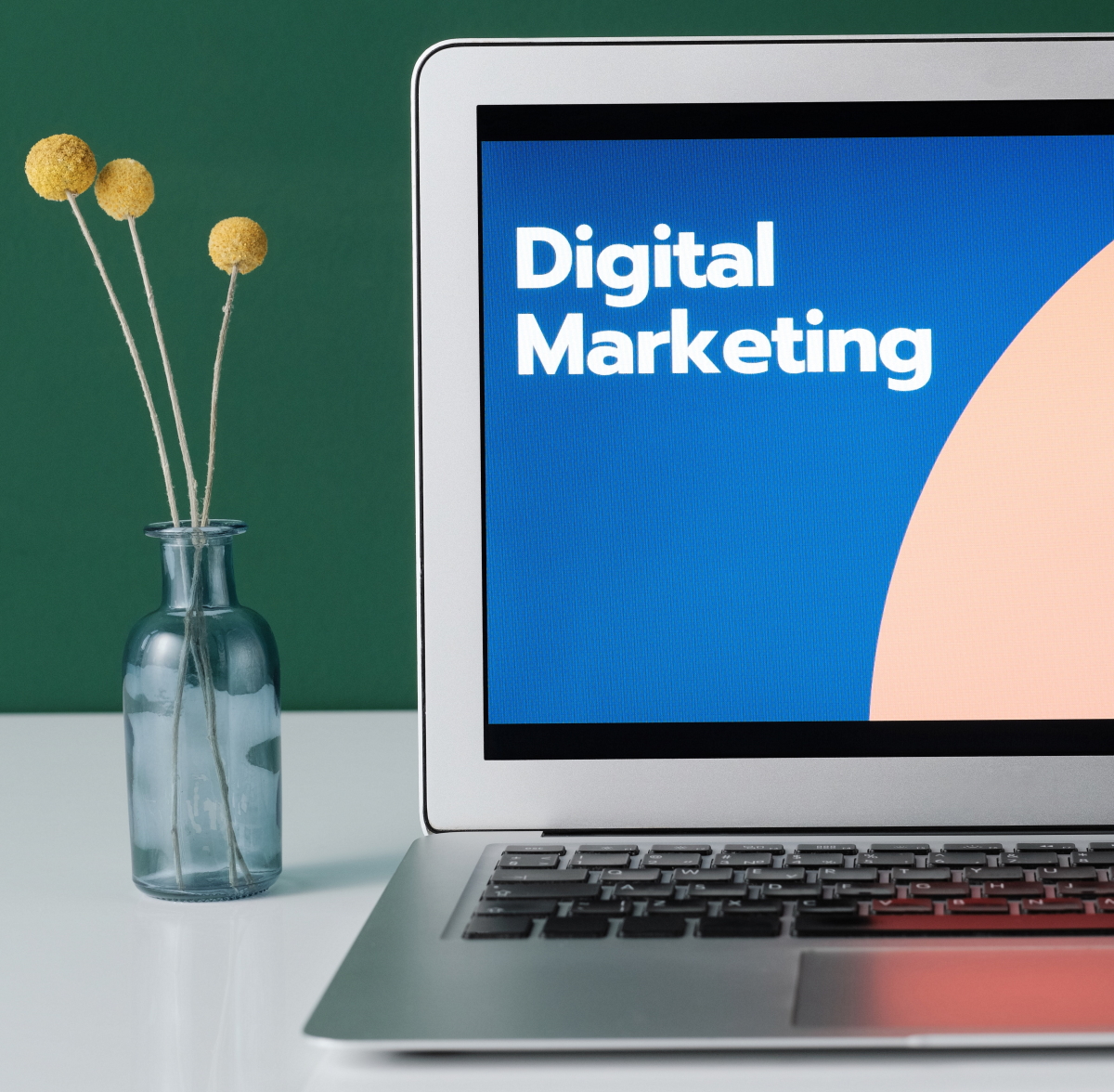What is Digital Marketing?
Digital marketing is the process of using online channels to promote and sell products or services. It includes a wide range of activities, such as creating and sharing online content, setting up and managing digital advertising campaigns, and using social media to build relationships with customers and followers.
Digital marketing in essence is a broad term that can encompass a variety of marketing activities.
There are many different digital marketing channels, such as search engine optimization (SEO), pay-per-click (PPC), and social media marketing (SMM). Each of these channels has its own strengths and weaknesses, so it’s important to choose the right mix of channels for your business.
Digital marketing can be very effective in promoting and selling products or services. However, it’s important to remember that not all digital marketing channels are created equal. It’s important to choose the right mix of channels for your business. The best digital marketing strategy will use a combination of these channels to reach the widest audience and generate the most sales.
What are the goals of digital marketing?
The goals of digital marketing can vary depending on the size and type of business, but the most common goal is to generate more sales. Other goals may include building brand awareness, increasing website traffic, or fostering customer loyalty.
What strategies are used in digital marketing?
There are many different strategies that can be used in digital marketing, and the best approach will vary depending on the products or services being marketed and the goals of the marketing campaign. However, some common strategies that are often used in digital marketing include content marketing, search engine optimization (SEO), pay-per-click (PPC) advertising, and social media marketing.

What are the advantages of digital marketing?
Digital marketing has many advantages over traditional marketing techniques. Perhaps the most significant advantage is that it is much more cost-effective. With digital marketing, you can reach a wider audience with a smaller budget. Additionally, digital marketing is highly targeted, so you can tailor your marketing messages to reach the specific demographics that you want to reach.
Digital marketing is also much more interactive than traditional marketing. With digital marketing, you can engage your audience and get them to participate in your marketing campaigns. This allows you to build stronger relationships with your customers and create a more loyal customer base.
Finally, digital marketing is more effective in today’s fast-paced, technology-driven world. Customers are bombarded with marketing messages from all sides, so you need to make sure your marketing messages stand out. Digital marketing allows you to do this with its innovative and speed to market.
What are the challenges of digital marketing?
From developing a website to creating and managing online content, there are many challenges that come with working in the digital world.
One of the biggest challenges of digital marketing is the constantly changing landscape. New technologies and platforms are constantly being developed, which can make it difficult to keep up with the latest trends. Additionally, digital marketing requires a different skill set than traditional marketing, which can make it difficult to find qualified workers.
Another challenge of digital marketing is the amount of data that is available. With so much information available, it can be difficult to know what to focus on and how to use it to your advantage. Additionally, this data is often spread across different platforms, which can make it difficult to get a holistic view of your audience.
What are some common digital marketing mistakes business make?
Digital marketing is a complex and ever-changing field, which can make it difficult for businesses to keep up with the latest best practices. As a result, it’s not uncommon for businesses to make mistakes in their digital marketing campaigns.
Some common digital marketing mistakes business make include:
- Failing to plan or set realistic goals usually based on failing to have an effective marketing/digital marketing plan
- Not investing enough in SEO or SEM campaigns
- Not having a news or blog section on their website
- Not being active on social media when social media is relevant to their business
- Not tracking or measuring results
- Not following up leads effectively based on either having no CRM to manage leads or not having enough sales team members to manage leads
- Poor or lack of customer service to provide support to current or prospective clients
- Poor targeting; not focusing on core client base and client personas
- Failing to complete competitive analysis
- Outdated website with outdated information and content
By avoiding these mistakes, you can set your business up for success in the digital world.
How to measure the success of your digital marketing campaigns
Digital marketing can be a great way to reach new customers and grow your business. But how do you know if your digital marketing campaigns are actually succeeding?
There are a few key metrics you can use to measure the success of your digital marketing campaigns. Some businesses use website traffic. You can track how many people visit your website as a result of your digital marketing campaigns. However, you can have millions of people visit your website which have little value if they aren’t contributing to sales.
Another metric is leads. More significant than website traffic, you can track how many new leads you generate as a result of your digital marketing campaigns. Leads provide a greater opportunity than website visitors to contribute to sales, but again your leads need to convert to sales, so it is important that you have some classification process for these leads so they can enter a sales funnel, where probability of conversion can be measured. A lead provides more than just a website visit; it gives you the opportunity to reach out to a potential client one-on-one to pitch your product or service.
But, the most important metric you need to measure is sales. You can track how many new sales you generate as a result of your digital marketing campaigns. Whilst all of these metrics may be important to businesses in some shape or form, the digital marketing world is no different to the business world – where success must be measured on ROI.
How do I get started with digital marketing
There are a lot of different channels that you can use for digital marketing, and it can be overwhelming to try to figure out where to start. While there are many different digital marketing channels, some are more popular than others. Here are five of the most popular digital marketing channels:
A. Search engines – Search engines are one of the most popular digital marketing channels. People use search engines to find information about products and services.
Search engine optimization (SEO) is the process of optimizing your website and content so that it appears higher in search engine results pages (SERPs). Pay-per-click (PPC) advertising: This is a type of online advertising where you pay a fee every time someone clicks on your ad.
B. Social media – Social media is another popular digital marketing channel. Social media platforms like Facebook and Twitter allow businesses to interact with customers and build relationships.
C. Email – Email is a great way to reach customers and promote products and services. Email marketing can be used to stay in touch with customers, send updates about new products and services, and promote special offers.
D. Websites – Websites provide a means of marketing via display ads or other paid ad types. You can also create your own website (service based or ecommerce) and market products / services on this website.
E. Video Marketing – A popular tool, video marketing provides advertisers the ability to present short, sharp ads, not to dissimilar to TV ads in a digital online format.
With the options endless, it is always difficult to ascertain where to spend marketing budgets. The simple answer is choosing the channels which provide the best organisational ROI, promote brand awareness and allow for effective direct communications with current, prospective and former clientele.

DL Consulting Group offer multiple digital marketing services to clients including Search Engine Marketing (SEM), Search Engine Optimisation (SEO), Electronic Digital Marketing (EDM) and Social Media advertising. We can also assist with content and native ad strategies.
For further information please visit https://www.dlconsulting.com.au.

